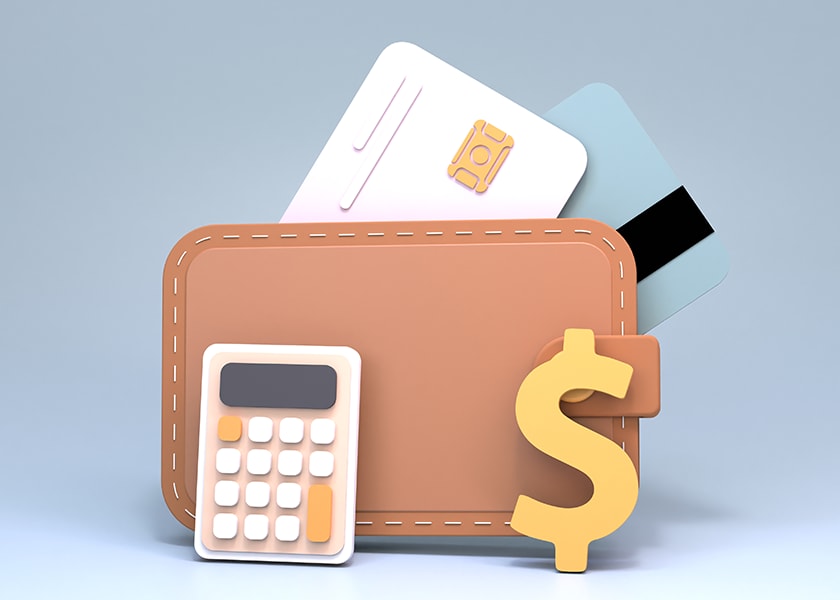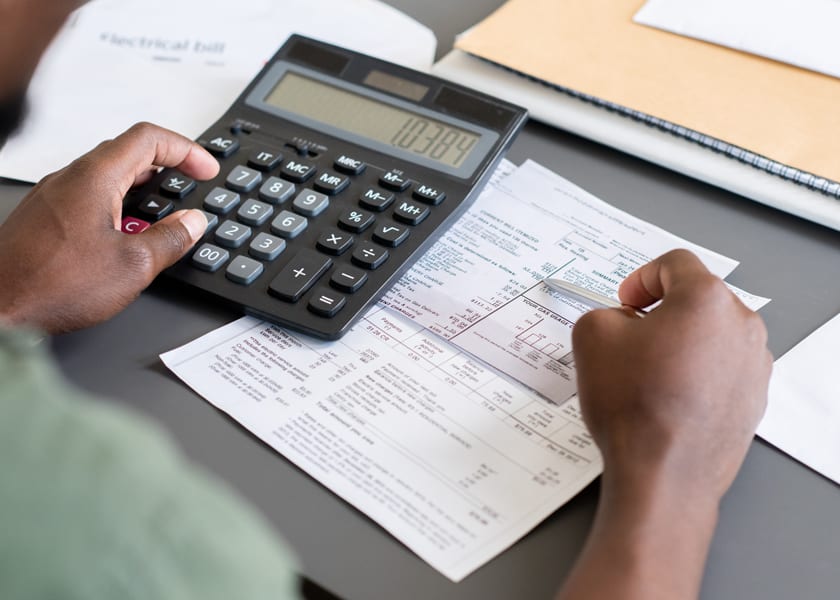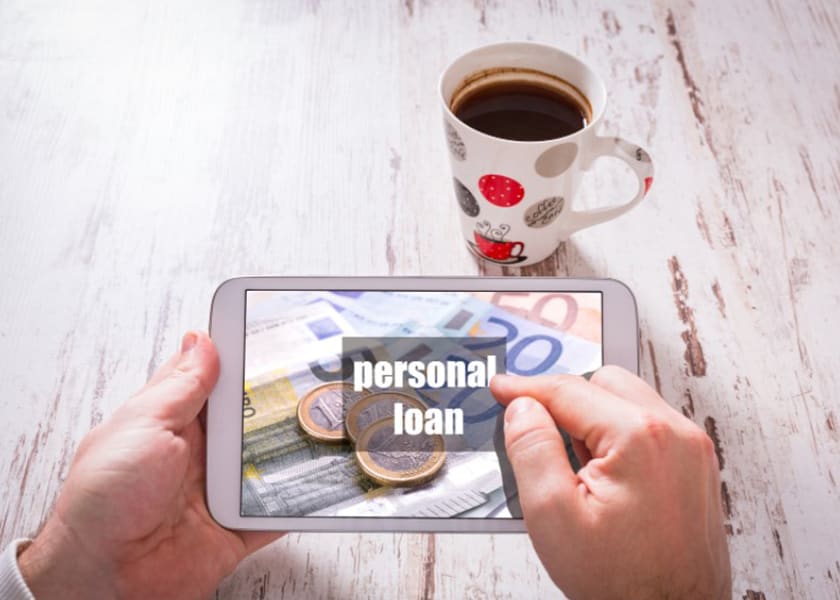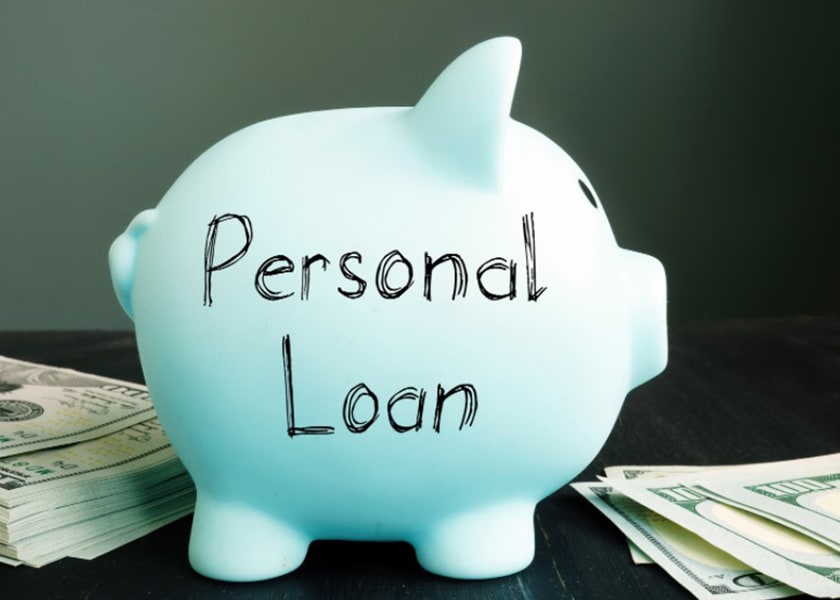Best Personal Loan Lenders
Credible 
Updated 2024
- APR: 6.4% - 35.99%
- Loan Terms: 1-10 Years
- Credit Score: Fair/Good/Excellent
- Amounts: $600-$200,000
What is a Low Income Personal Loan?
A low-income personal loan is one designed for consumers who don't earn very much. Lenders take this into account when deciding whether to give them credit and what kind of terms might be offered.
Generally speaking, minimum requirements include:
- You must live in the U.S.
- You must meet the minimum age requirement (18 in most cases)
- You must work (and can't be retired) or hold another type of steady income
- You must have a good credit history.
If you meet these criteria, lenders will usually consider your application. However, they'll charge higher interest rates than they would for larger loans because you don't earn much money. Also, the total amount they're willing to lend you will probably be limited to $2,500 or less. This is because it's assumed that if you were to borrow more than this, there'd be little chance of being able to pay it back on time each month. You might also have limits placed on the number of times you could rollover your loan.
If you don't meet the minimum income requirements, but do have a steady job and can prove this with pay stubs, most lenders will still consider your application. Some may ask for proof of additional employment such as investment earnings or pension benefits before doing so.
How Lenders Assess an Application
When considering whether to give a low-income borrower a personal loan, a lender will look at:
- Your annual income
- The amount you want to borrow
- Your debt obligations (including any other loans)
If they think that your income is not enough to repay the loan in full, they'll probably require you to get a guarantor who can pay the loan off for you if you default.
5 Tips for Securing Low Income Loans
When you do not have the funds to pay for an emergency or unplanned expense, a low-income personal loan can be your best bet. For example, if your car broke down and you need another one fast so that you can get to work and generate income, then this type of loan is just what you need. However, it is important that before signing any contract that you educate yourself on the market and know how interest rates work.
1. Get more than one quote
Before getting a low-income personal loan, it's smart to get quotes from several different lenders in order to find the best deal. Some companies will give you better deals if they think they might lose out on business while others may give better deals because they want new customers.
2. Ask about the interest rate
Since interest rates are important to low-income people, you should ask if there are any fees attached to the loan. Some lenders may charge higher finance charges for this type of loan because they consider them riskier, so it's definitely worth asking about these types of costs upfront.
3. Shop around
Even though one quote may be lower than the others, you should never settle on the first option that comes your way. Instead, shop around and compare rates with at least three other companies before choosing a lender.
4. Closer look at repayment terms
You must understand what you are committing to when taking out a low-income personal loan or any other type for that matter. It is important to realize the total amount you will be required to pay back, and when these payments are due.
5. Be honest about your financial situation
Since some companies may not want to work with low-income people, it's very important that if you know this about yourself that you tell them up front so they can determine whether or not they want to help you. When speaking with a loan representative on the phone, simply say "I'm unemployed" or "I receive public assistance" instead of trying to explain your whole situation.
Alternatives to Loans
If you need a small amount of money, there are alternatives to applying for a personal loan. For example, some payday lenders will give out small loans at extremely high rates of interest without checking your income or credit rating.
Other possibilities include borrowing from friends and family, using credit cards temporarily (if absolutely necessary), or even pawning items you own that have value. There may also be local organizations in your area that can help with emergency financial needs such as food or shelter until you get back on your feet again.
Conclusion
If you're in need of a personal loan but don't meet the minimum income requirements, there are still lenders that will consider your application. However, they'll charge you higher interest rates and the total amount you can borrow will be limited to $2,500 or less.
There are also other alternatives to borrowing money such as payday loans or borrowing from friends and family. If none of these options work for you, there may be local organizations in your area that can help with emergency financial needs.















